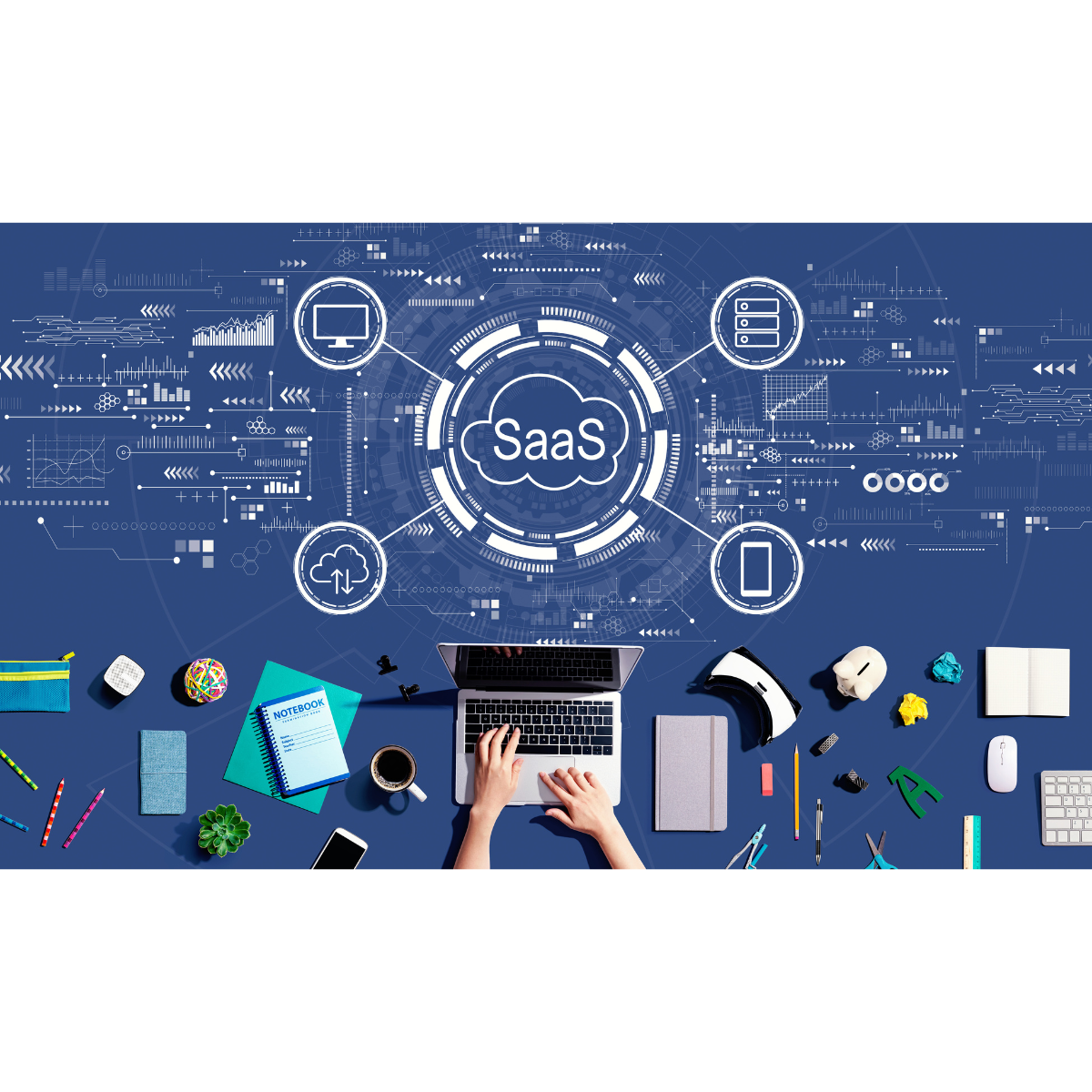SaaS platforms like GitHub, Trello, Notion, and Asana have become popular tools for millions of businesses—and for good reason!
These impressive cloud apps make it simple to store your company’s critical data in one easy-to-access place. Setup is quick and easy, and you can import data from other sources in a few simple steps.
But despite their benefits, these platforms present a few challenges, too—especially when it comes to data backup and accessibility.
This guide will take a closer look at these limitations and how you can ensure your data stored in SaaS apps is safe from loss and easily accessible at all times.
Data backup and recovery challenges in SaaS platforms
Although SaaS companies perform data backups, these are mainly for their own use in case of internal threats or large-scale outages.
This means they don’t protect your personal company data, leaving you vulnerable to data loss and other threats. Unfortunately, many companies don’t realise this until it’s too late. It’s important not to make the same mistake.
Common threats to your data
Cloud-based software is vulnerable to several different threats. Here are some of the most common:
- User errors: We’re all human, and mistakes happen—even when handling sensitive data. A study from Ponemon Institute found that accidental deletions and user errors are responsible for up to 25% of data loss incidents.
- Data breaches: According to an IBM report, 45% of all data breaches affect cloud-based services. Besides being bad for your finances, data breaches can negatively impact customer trust and your brand’s reputation.
- Ransomware attacks: Cloud services are regularly targeted by cybercriminals. These attacks can completely lock you out of your data until a ransom is paid. The costs of restoring everything back to normal and covering downtime can take a huge toll on your finances.
- Malicious employees: Angry or malicious employees can intentionally delete or steal sensitive company data, leading to costly downtime and reputational damage.
The challenge of creating and restoring off-site backups
Now that you understand the risks of relying solely on SaaS apps to protect your data, it’s time to take control and back it up yourself.
But it’s not always that simple. Even if you want to take matters into your own hands by creating independent data backups, many SaaS platforms make this challenging.
While importing data to these apps is straightforward, exporting it for personal backup often isn’t as easy. Some SaaS providers limit how much data you can export or may not allow full access to your data through their Application Programming Interfaces (APIs).
Plus, even if you successfully move your data to a third-party backup platform, it isn’t always possible to restore it if something goes wrong.
Which platforms make data management accessible (and which don’t)?
Thankfully, not all SaaS platforms make it difficult to backup, access, and export your data. In fact, apps like GitHub, Trello, and Figma make data management straightforward so you can manage your data on your own terms.
On the other hand, Notion, Asana, and Adobe have APIs that make it difficult to handle your data. These limitations often lead to vendor lock-ins where users feel “stuck” with one provider because moving to another seems too challenging.
By calling for more open APIs and better export options, we can encourage SaaS companies to make data accessibility and user control just as important as ease of use.
When SaaS users have better access and control over their data, it gives them more independence to manage and protect their critical information. This helps lower risks like data loss, being locked into one vendor, and relying too heavily on a single platform.
The importance of taking responsibility for your own data in SaaS
Taking responsibility for your data when using SaaS platforms is important to avoid data loss risks. The Shared Responsibility Model helps you understand what you are (and aren’t) responsible for regarding backup and security.
Under this model, cloud service providers must keep their systems up and running and secure their data centres so their services are always available.
But as the user, it’s your job to manage and protect your own personal data. This means controlling who can access it, setting up security measures, and most importantly—having a solid backup strategy in place.
And this isn’t an option—it’s a requirement. Regulations like the Digital Operational Resilience Act (DORA) and compliance standards like SOC 2 mandate that users take responsibility for managing and protecting their own data stored on whatever SaaS model they use.
For example, under DORA, EU finance organisations will need to be able to prove that they can:
- Restore backups to a different location, physically (in terms of hardware or location) and logically (how the systems are set up or organised) from the original system.
- Protect backup data from unauthorised access and store it in such a way as to prevent any changes or corruption (immutable).
Confidently backup your critical SaaS platform data with BackupLABS
There are many ways to lose data, but one way to protect it is with reliable backup software. Cloud backup solutions like BackupLABS store copies of your critical business data stored on platforms like GitHub, GitLab, and Notion, making it easy to recover in the case of data loss.
With BackupLABS, backups happen automatically, so you can protect your data without interrupting your business processes. Plus, accessing and exporting backed-up data whenever it’s needed is straightforward for all users.
BackupLABS offers vast storage scope for both full and incremental backups, and you can set a recovery point objective (RPO) to restore data from specific points in time.
These are just some of the many impressive key features of BackupLABS’ data backup services. Start your 14-day free trial and enjoy a simple backup process and unbeatable data protection.


